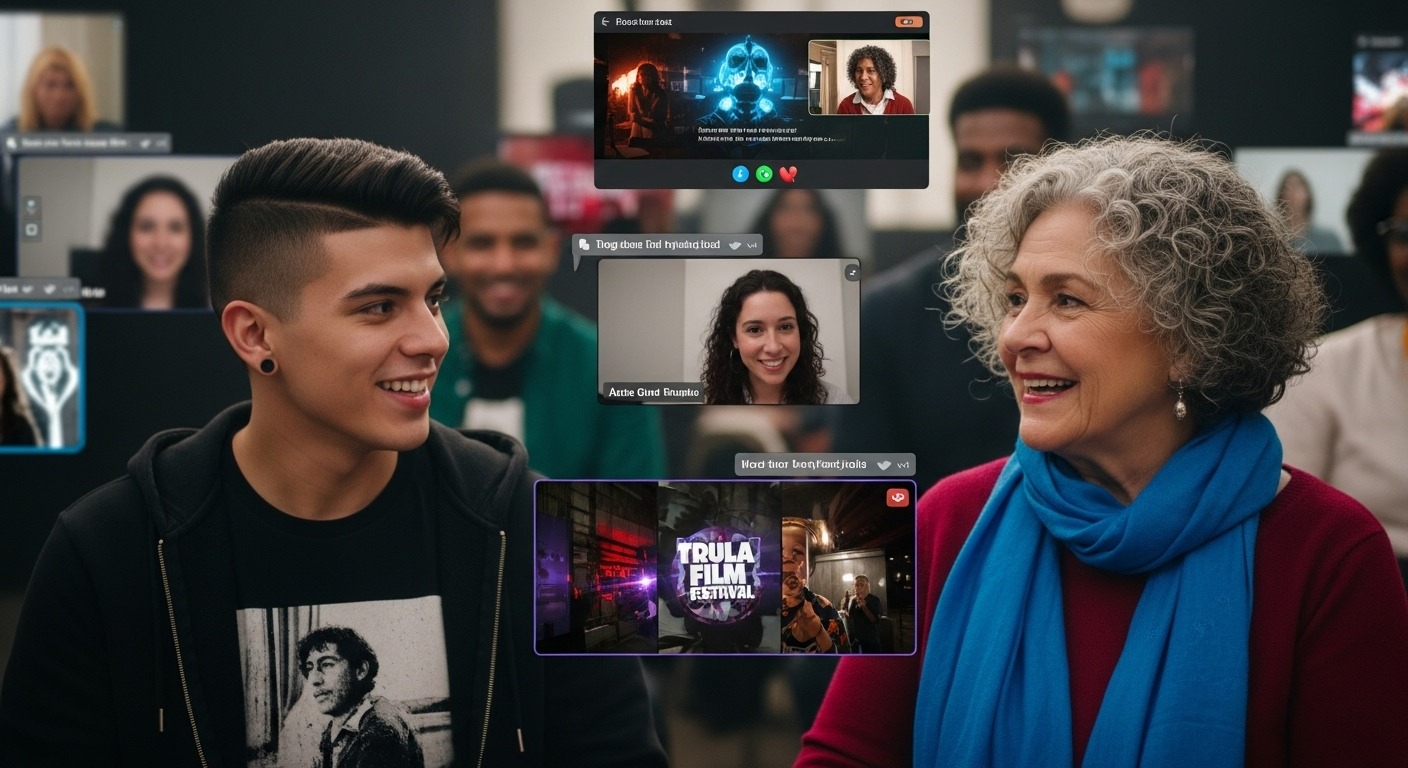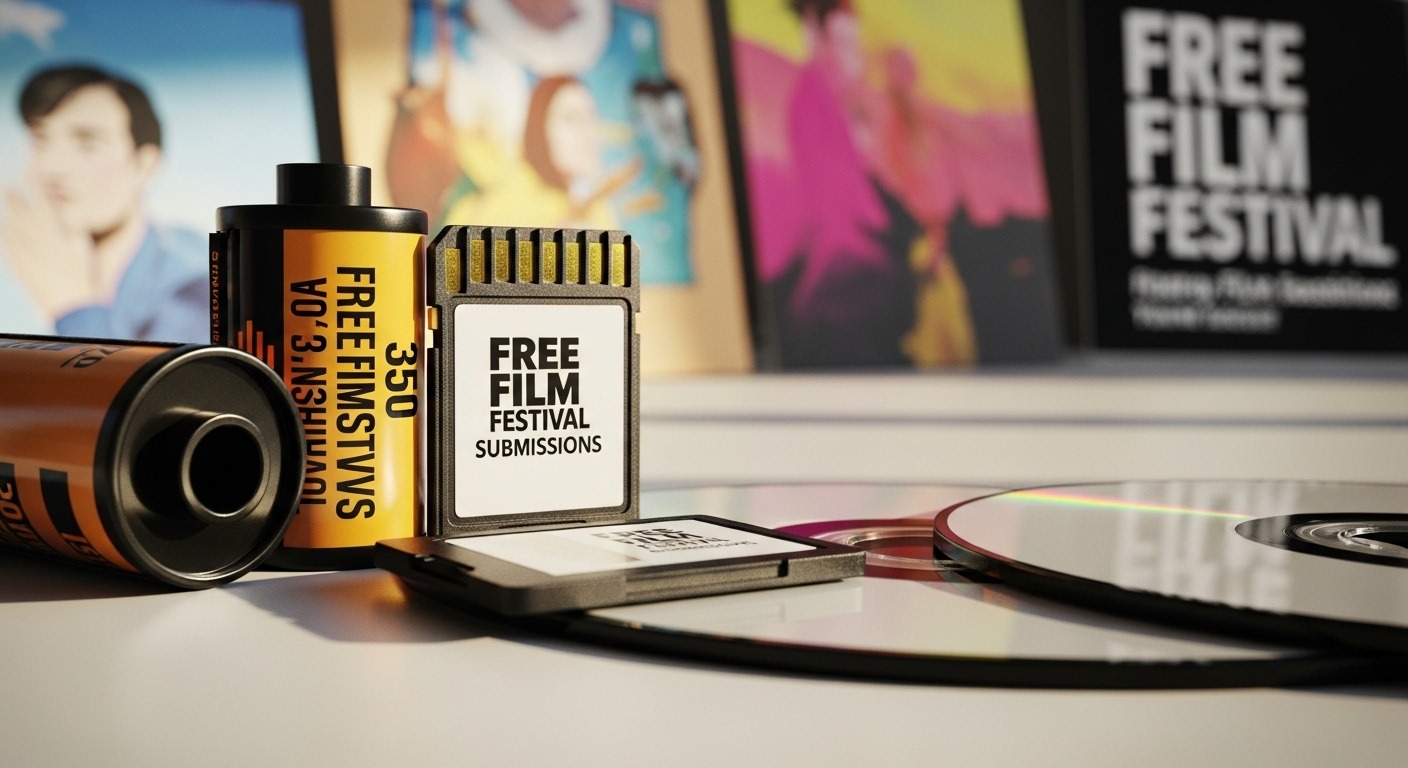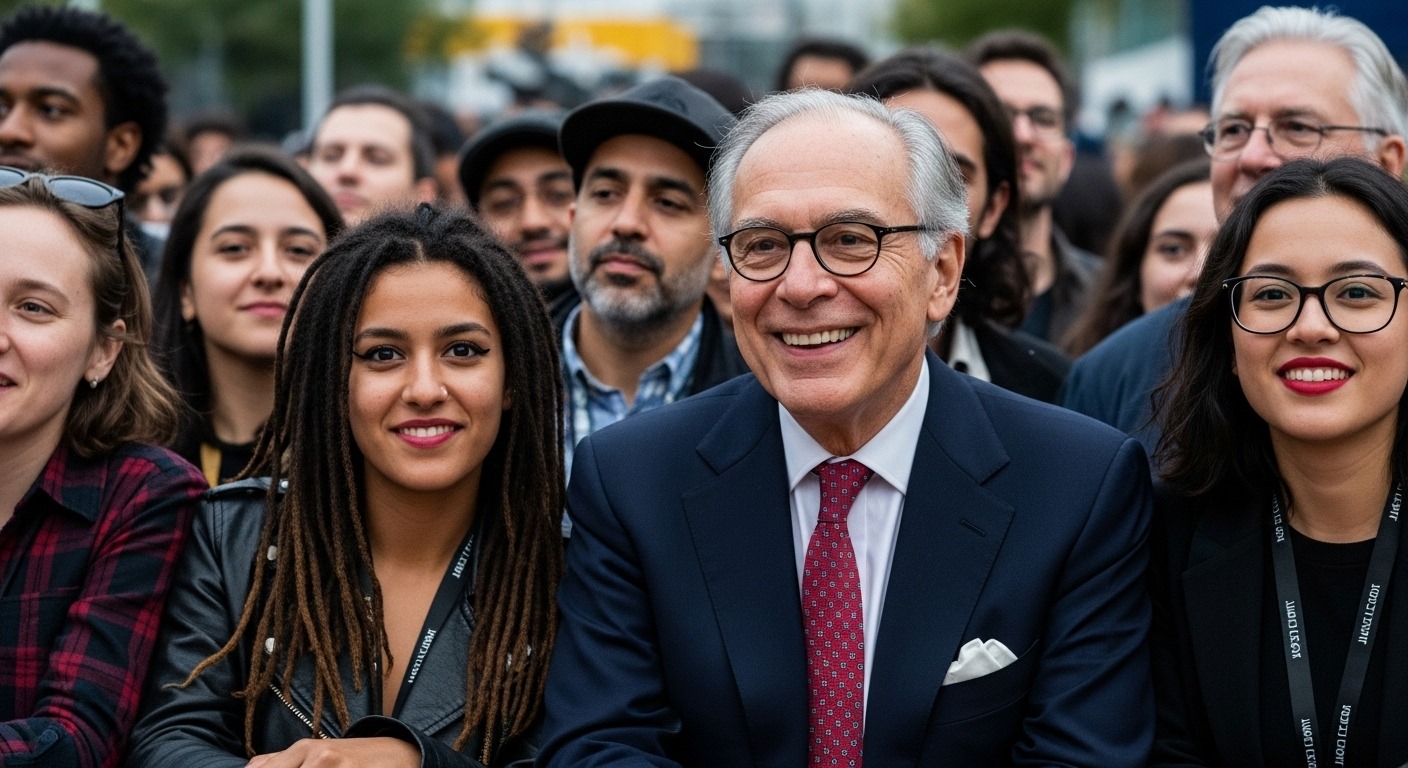In the world of cinema, nothing prepares you for the moment when your career and reputation suddenly hang by a thread. I had it all – the glamorous lifestyle, the multi-million-dollar contracts, the exclusive events, and the promise of a legacy that would echo in Hollywood for generations.
My name was synonymous with success. As a renowned film producer and entrepreneur, I had the power to bring iconic stories to life. The dream was real – until it wasn’t.
I remember the day it all began. The script was perfect, the budget was in place, and the actor I had chosen was a rising star. His talent, his charm, his appeal – they were everything we needed to elevate this film to critical acclaim.
But sometimes, the brightest stars cast the darkest shadows. In a matter of months, I went from being the toast of the industry to the subject of whispered conversations and failed partnerships. And it all boiled down to one thing: him.
I am Daniel Huntley – a man who once stood on the pinnacle of cinematic achievement, now grappling with the fallout of a reckless decision that not only cost me millions but also irreparably damaged my standing in a highly competitive industry.
Let me take you through the story of how the actor who should have been my greatest asset turned into my worst liability.
The Golden Era Before the Fall
In the early days, everything was aligned. I had the finest team of directors, screenwriters, and production experts at my disposal. My name, Daniel Huntley, was a hallmark of quality in the entertainment industry.
My wife, Emily, and I were living a life few could even imagine. We had homes in Malibu, a private jet at our service, and VIP access to the most exclusive events worldwide. Life seemed to be a never-ending string of achievements, red carpets, and applause.
The film I was working on had all the hallmarks of a blockbuster. We secured an actor with great potential, a young star whose previous films had garnered substantial praise. The industry buzzed with excitement. He had the charisma to make or break a film.
And we were betting everything on him. The plan was simple: leverage his rising star power to create a timeless piece of cinematic history, one that would have audiences talking for decades. It was supposed to be a launchpad not just for him, but for me as well.
The press loved me. The media praised the ambitious scope of the project, and I was hailed as a visionary producer. My name was everywhere – from red carpet interviews to high-end business magazines.
I was living the dream of every ambitious person who dreams of making it big in Hollywood. The world was my oyster. Emily and I attended private premieres, rubbed shoulders with global business moguls, and threw lavish parties where only the most elite were invited.
Behind the scenes, things were equally promising. We had a talented crew working around the clock to ensure that the production would be flawless. The film had already started generating buzz in the industry, and even pre-release ticket sales were sky-high. It felt like nothing could go wrong. We were positioned to achieve more success than ever before.
But with every dream comes the risk of a nightmare, and it wasn’t long before the cracks began to show.
It started with small things. Late arrivals on set. Unanswered calls. A slight shift in attitude that I tried to brush off, thinking it was just the pressure of the role getting to him. After all, this actor had the talent to back up his eccentricities. I was willing to let it slide because the stakes were high and we were on the brink of something great. But slowly, the issues grew.
The actor I had so carefully handpicked to star in my film was becoming more and more difficult to work with. He would arrive late, underprepared, and sometimes even show up intoxicated. At first, I tried to fix it with diplomacy—after all, these things happen in the world of show business.
But it quickly became clear that the problems weren’t just limited to his behavior on set. It began to affect the production schedule, the morale of the cast and crew, and ultimately, the quality of the work we were producing.
The tipping point came during the film’s most important scene. We had been rehearsing it for days, and everyone was on edge. The director was ready, the crew was in place, and all we needed was the actor to deliver his lines.
But when the cameras rolled, he was a shell of the performer I had originally signed. His delivery was flat, his timing was off, and it was clear that he wasn’t giving his best. We had already exceeded our budget and pushed back release dates, but this—this was something else entirely.
It was in that moment, as I stood in the director’s chair, watching this so-called “star” crumble in front of me, that I realized the magnitude of the mistake I had made.
I had taken a gamble on talent without taking into account the importance of professionalism. This actor, who I thought could carry the film, had become a liability, and it was only a matter of time before the media caught wind of it.
And catch wind they did.
What followed was a media frenzy. The gossip columns had a field day with the reports of on-set drama, a disgruntled cast, and my inability to control the situation. The headlines began to turn against me. “The Producer Who Couldn’t Control His Star,” they said.
The press didn’t just focus on the actor’s actions—they turned their scrutiny on me, the so-called “visionary.” My reputation, which I had built meticulously over years of hard work, crumbled almost overnight.
The phone calls came in rapid succession. Sponsors dropped out. Investors pulled their funding. My partners distanced themselves, and some of my closest allies began to question my ability to continue in the industry.
I had become a pariah. The film, once a beacon of hope, was now destined for the cutting room floor. And with it, my dreams of expanding my empire seemed like a distant memory.
The Aftermath and Lessons Learned: A New Perspective.
The aftermath was everything I feared, and more. The damage was irreversible, but in the ruins, I found a new perspective. For months, I shut myself off from the world. I avoided calls from old friends and colleagues who had once been my pillars of support.
I tried to salvage what little remained of my reputation by apologizing publicly, but the damage was already done. It felt like my name had been tainted, like the industry I had spent years building was no longer my own.
But after the storm settled, I realized something crucial: this was not the end. It was a painful chapter, but it was not the full story of who I was. Slowly, I began to rebuild. I surrounded myself with the right people—those who believed in my ability to bounce back, those who understood that success is not defined by a single failure but by how you rise from it.
I took responsibility for my mistakes and learned lessons that have shaped my approach to both business and life. It was a humbling experience, but it has made me more determined than ever to stay true to my vision while being smarter in my decision-making.
5 Key Lessons I Learned from This Experience.
1. Trust, But Verify – Always Do Your Homework.
Looking back, I realize that I trusted too easily. I didn’t dig deep enough into the actor’s past to understand his true character. His public persona didn’t match the reality I faced on set.
In high-stakes projects, trust is important, but verification is crucial. Don’t rely solely on industry buzz or media hype—take the time to get to know your collaborators on a personal level.
2. Surround Yourself with a Strong Team.
No matter how much success you’ve had, you can’t do everything alone. I learned the hard way that a single bad actor (literally and figuratively) can unravel years of hard work.
Build a team that you trust completely, and listen to them when they raise concerns. A strong team will help you navigate the inevitable storms in the entertainment industry.
3. Don’t Let One Setback Define You.
In the face of failure, it’s easy to want to walk away and never look back. But failure is not a death sentence; it’s a lesson. My career is far from over, and yours won’t be either, no matter how big the setback. The key is to keep moving forward, to learn, and to evolve.
4. Set Boundaries and Manage Expectations.
Hollywood is a world of blurred lines—between professional and personal, ambition and ego. I failed to set clear boundaries and expectations with the actor. I allowed his behavior to affect the project, and in turn, it affected me. Set firm boundaries with all collaborators and communicate your expectations early on. This ensures everyone is on the same page and helps avoid misunderstandings down the line.
5. Reputation is Everything – Protect It Relentlessly.
My reputation took years to build, and only a moment to ruin. In the world of entertainment, your reputation is one of your most valuable assets. Protect it as if your career depends on it—because it does.
Even if things go wrong, always strive to remain professional and handle issues discreetly and respectfully. The way you handle adversity speaks volumes.
Final Thoughts.
In the end, the actor who ruined my film and my reputation also gave me something invaluable: clarity. I learned the true cost of ambition without boundaries, of trusting too easily, and of failing to adapt quickly enough.
These lessons have shaped the way I approach not only film production but also life itself. I may have lost millions, but I gained something far more valuable: a renewed sense of purpose, a refined approach to leadership, and a determination to rebuild my reputation with integrity.
As I move forward, I hope others can learn from my story. The world of entertainment is unpredictable, but with the right mindset and approach, you can overcome even the most catastrophic of setbacks. Never forget: the greatest stories aren’t the ones that go smoothly—they’re the ones that overcome the most adversity.
By Daniel Huntley.
Hollywood Producer & Entrepreneur
Creator of Iconic Films and Lessons Learned

I am a highly experienced film and media person who has a great deal to offer to like-minded individuals. Currently working on several exciting projects, I am a film and media practitioner for over a decade. I have achieved a great deal of success in my professional career.





